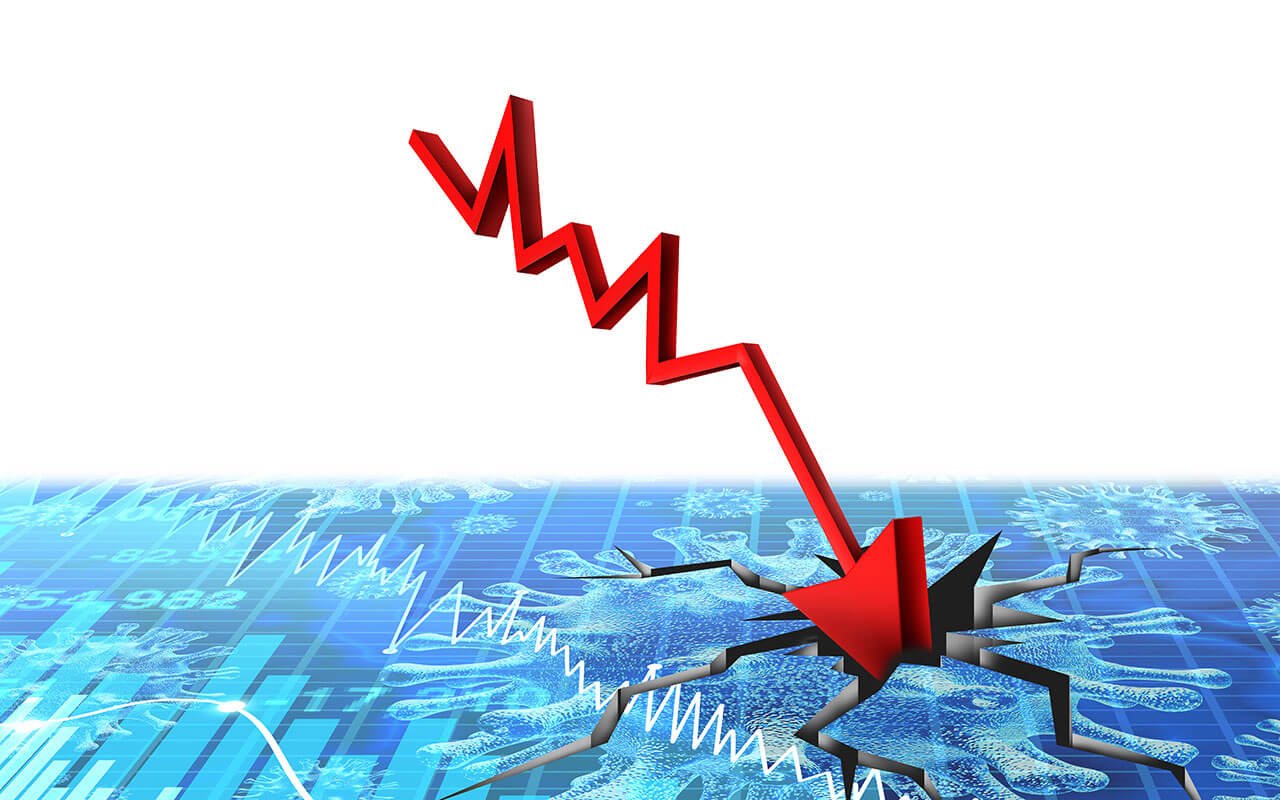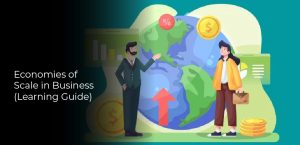The term “recession” is used to describe a period of decreased economic activity. A widespread decrease in spending usually characterizes it. It is one of the most common economic events and affects many different types of people. Here are some common signs of a downturn and strategies to ward it off.
People spend money on things they want or need when the economy is doing well. But when the economy is in a recession, people do not buy what they want but buy necessities. Some people might even put off buying things until the economy recovers because they are afraid, they won’t be able to pay for them later.
However, when the economy improves, the people who put off buying their items will have to pay higher prices for the same items. This makes the downturn worse, and to help avoid a downturn, you can take certain actions detailed in the article.
Introduction of Recession
Recess is derived from the Latin word re-, meaning “backward,” and cessa, meaning “stop.” It means to stop or pause. A downturn is a period when an economy goes into decline. Recessions are often defined as two or more consecutive quarters of negative economic growth. The most recent downturn in the United States started in December 2007 and ended in June 2009. This is not the first downturn in America. There have been previous recessions dating back to 1893 and 1890.
The Most Common Indicators of a Recession
One of the most common signs of the downturn is a decrease in manufacturing jobs. Manufacturing jobs are often lost as the economy fails to meet consumer demand. Economists are watching several indicators to determine if a downturn is brewing. One of the first signs of a downturn is a decline in the durable goods order report, which signals that orders have decreased. This can impact factory employment and other sectors of the economy. Here are a few points of the downturn that you have a look at.
- Decrease in the real gross domestic product (GDP)
- The value of goods and services produced in a nation.
- When the growth rate is negative, business activity will likely decrease.
The other sign of a recession is a drop in the labor force. The Labor Department’s quarterly report on the Labour Force Participation Rate (LFP) shows a decrease in employment. However, people who are not working are excluded from the unemployment rate, so the actual unemployment rate may be much higher. In addition, businesses cut production and postpone investment decisions. This can delay recovery. Further, some businesses shut down or suffer a high debt burden.
Causes Of ARecession
Recession causes are multi-faceted and can be traced back to short- and long-term economic trends. In the United States, the financial crisis of 2007-2008 contributed to the downturn. Aggressive lending practices and monetary base expansion led to a huge build-up of risk in the financial system. This was coupled with an excessive increase in debt that sparked a risky asset bubble.
It may be caused by a supply-side shock, which can hit a country’s economy. For example, an increase in oil prices would increase production costs and retail prices, which would lead to lower demand. Ultimately, this causes cost-push inflation, which leads to a decrease in real output and consumption. As a result, real GDP will decrease for at least two quarters.
The rise of interest rates can also lead to reduced funds available for investment. Rising interest rates limit consumers’ liquidity and make investing difficult in the stock market. The key to preventing a downturn caused by high-interest rates is to lower interest rates, which can encourage people to spend more money.
What Is the Impact of a Recession on Individuals
The impact of a downturn on individuals differs according to various factors, including age, gender, region, and socioeconomic status. The impact of recessions on health is also related to the types of health conditions affected. Among other factors, these changes may directly impact the amount of money people have available for healthcare and retirement savings. The time frame during which these changes occur is also important in understanding how recessions affect individual health.
A recession is often associated with high unemployment and falling average incomes. It also results in increased inequality and higher government borrowing. The impact of a downturn on an individual depends on the length of the downturn and the depth of the fall in output.
The most severely affected people lose their jobs and reduce their working hours. A downturn can also affect the consumption patterns of individuals. For example, people who lose their jobs may cut back on spending because they cannot afford to pay their bills. This can lead to poorer health and increased depression.
How to Stave off from Recession Using Boarding Strategies
Recession-proofing your business will help you maintain the same level of success even if there is a downturn in the economy. This means you must build a cash reserve of at least 3 to 6 months’ worth of expenses. It can affect the ability of businesses to repay debts, so you need to be prepared.
Diversifying your business’s market is essential to survive a recession. Businesses with a large variety of products or services will be able to grow their revenue even during a tough time. Developing multiple revenue streams will also give you the financial flexibility you need during these tough times.
A downturn can strike at any time, but the best preparation is before the next one begins. By preparing now, businesses can avoid the forced reactions of the crisis and maximize growth. Research conducted by Bain, Company found that well-prepared companies during recessions grew significantly and remained profitable. These companies were able to balance a strong defense and an aggressive commercial play while reining in costs.
Conclusion
Many times, in the past, the economy was bad, and the whole world seemed like it was in recession. This article will look at what a downturn is and how it happens. We will look at some of the causes of a downturn. Finally, we will explore what this means for you and your business.



